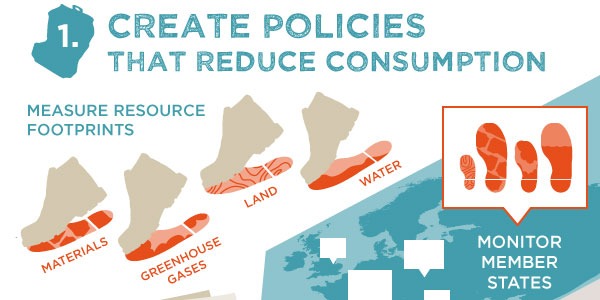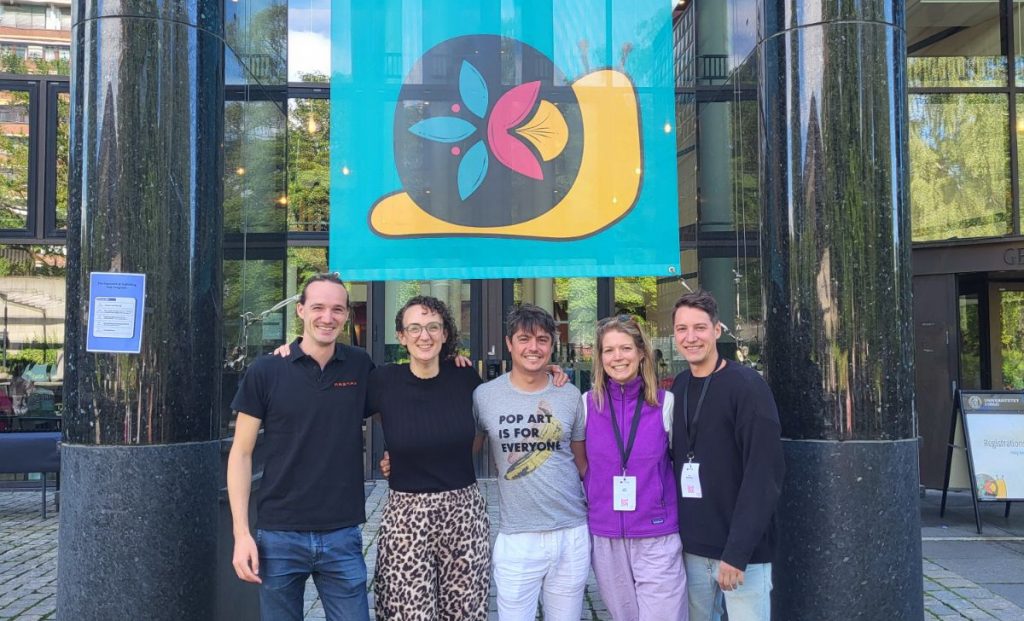There are proven solutions to prevent waste of natural resources, all they need is EU support, according to a new report by Friends of the Earth Europe. Preventing Waste outlines ways in which recycling has been boosted, consumption lowered and products repaired instead of being scrapped. The projects examined all contribute to making the economy more circular – keeping resources in it, rather than sending them to landfill or incineration.
The report argues that EU policy needs to take the ‘waste hierarchy’ into account when writing new policies. This means designing polices that first prevent waste, then which prepare products for reuse, then which repair them – leaving recycling, recovery of materials, and finally landfill, as last resorts.
Speaking about the launch of the report, Ariadna Rodrigo, resource and consumption campaigner for Friends of the Earth Europe, said: “We can see that another, less wasteful way of production and consumption is possible. We can’t rely on a few dedicated people and projects to carry the burden for Europe’s massive overconsumption. The EU and our governments need to see the excellent work done to prevent waste and then implement policies to make these practices the norm in Europe. We have been living outside the sustainable boundaries of our planet, and this has to stop.”
The many social, environmental and economic benefits that would result from robust resource policies have been recognised by both the EU and the governments of its member states. For example, by boosting re-use and repair of products, jobs are created while the impacts from mineral and metal extraction, incineration and landfill are avoided. The European Commission’s own analysis has shown that waste prevention and reduction plans would create hundreds of thousands of jobs, reduce Europe’s output of greenhouse gases by tens of millions of CO2 equivalent and save tens of billions of euro. The spread of alternatives to traditional consumption also carry other benefits. Repair cafes empower people to look after their own things and teach new skills, while borrowing shops give access to items like power tools that people maybe couldn’t afford to buy outright.








